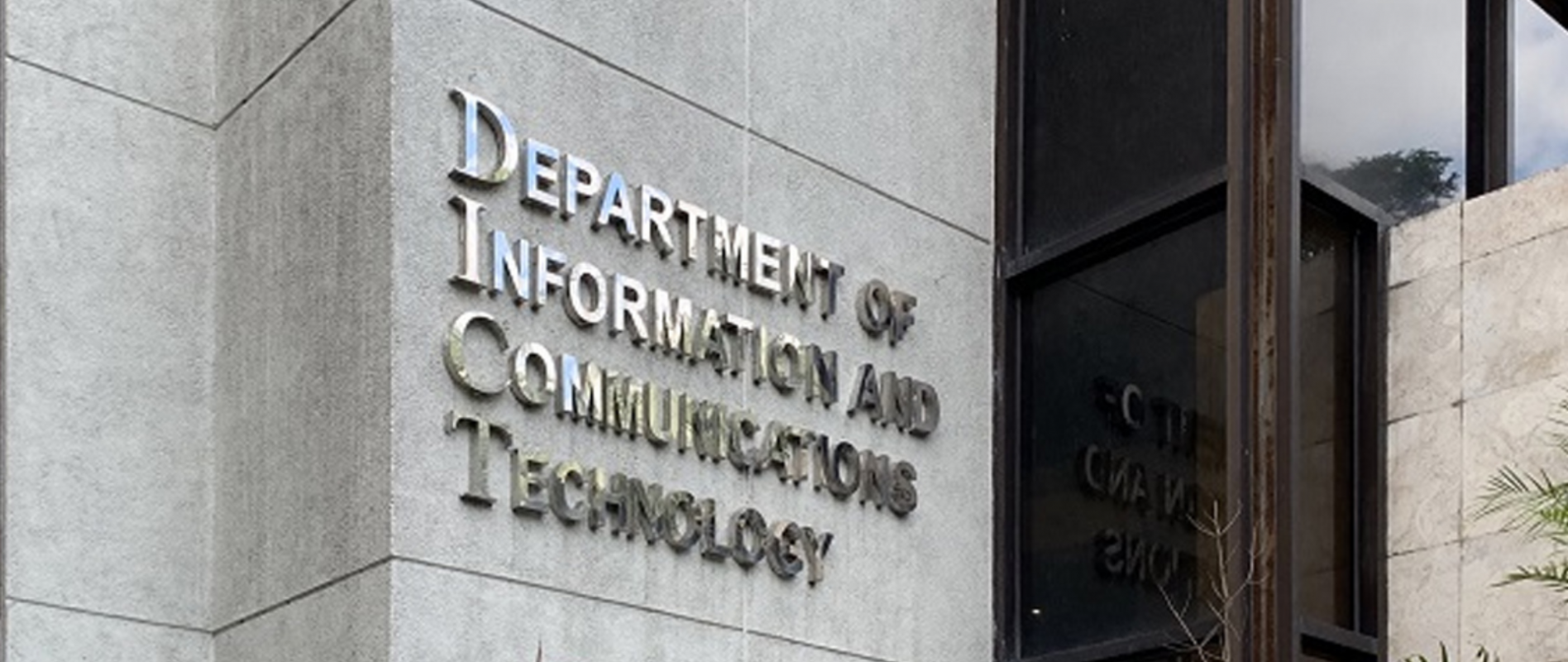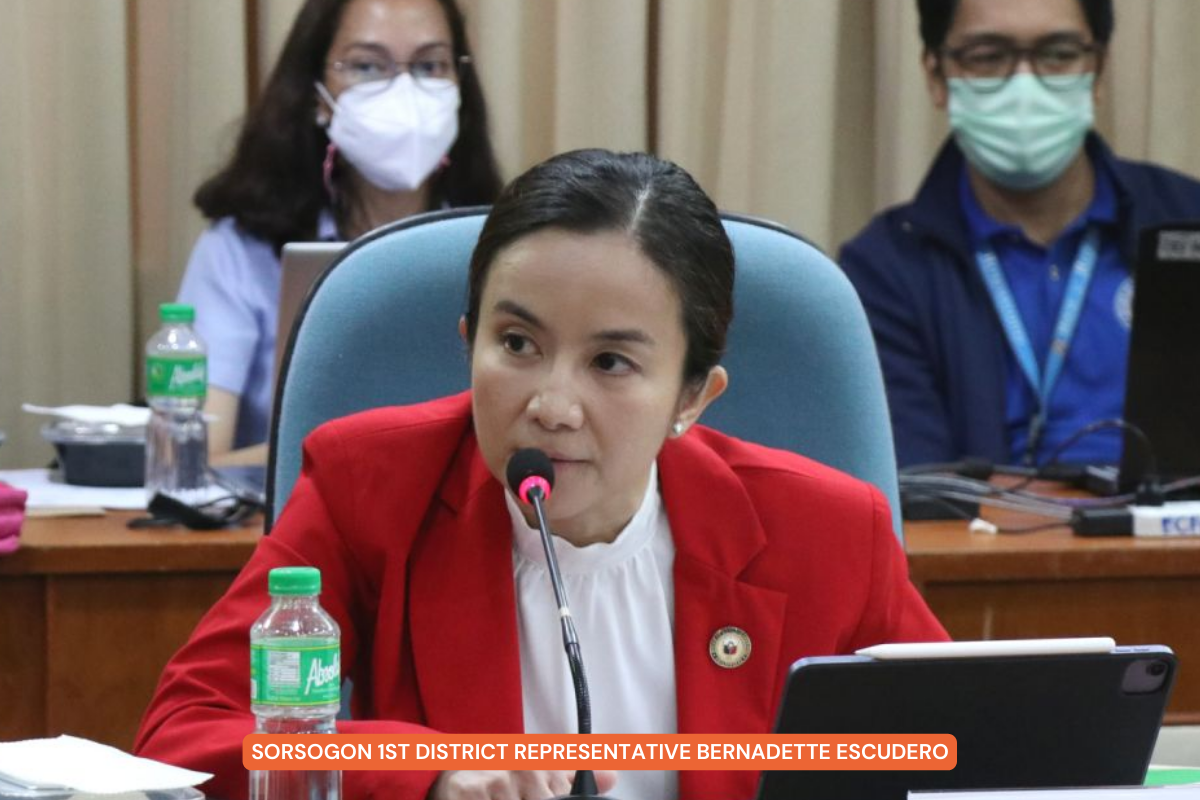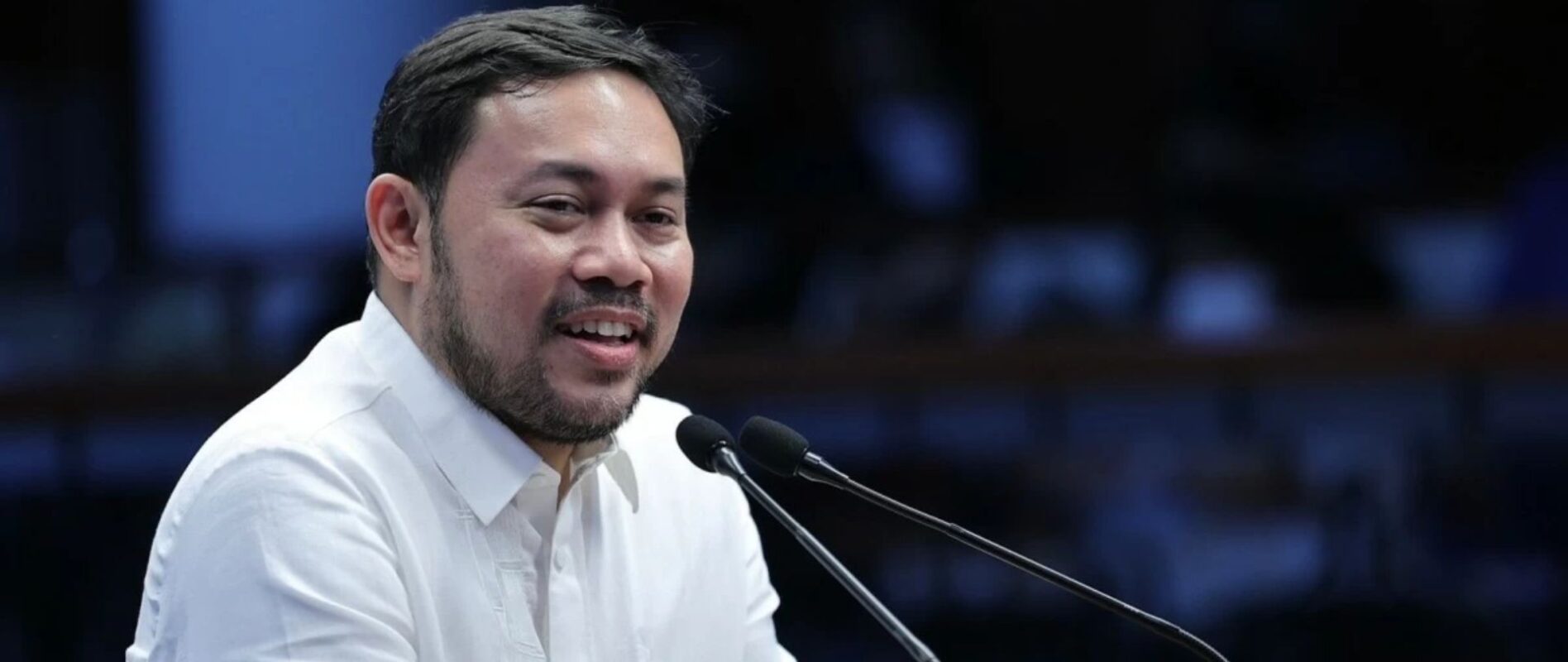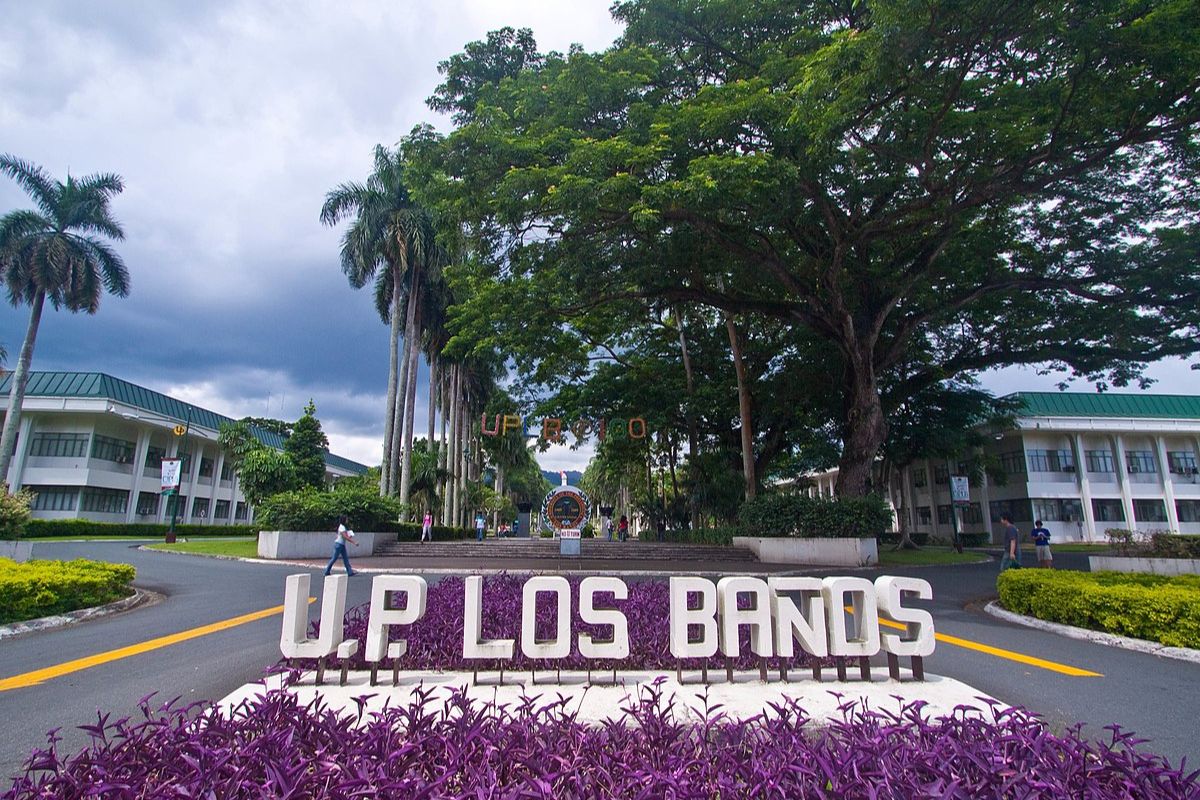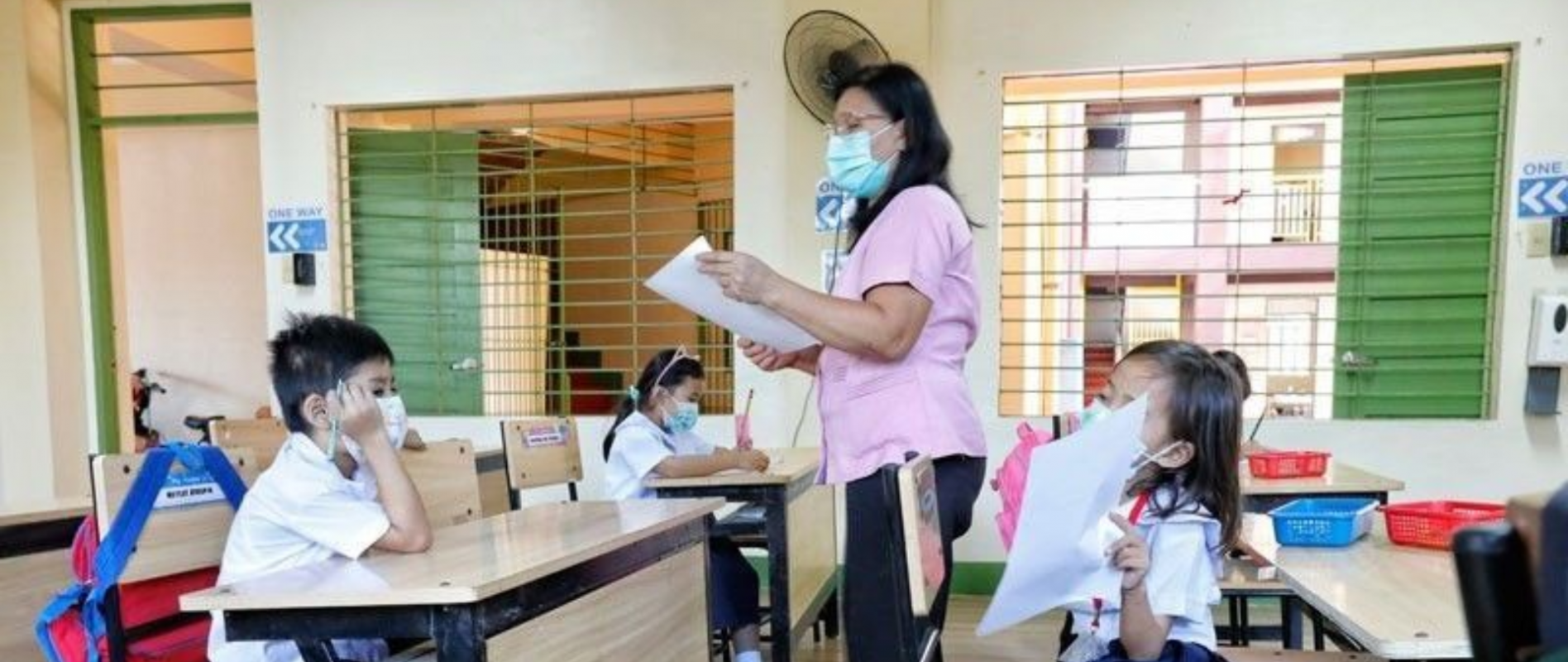DICT COMMITS TO ‘FIBERIZE’ ALL DEPED SCHOOLS, SUCs BY 2026
THE DEPARTMENT of Information and Communications Technology has committed to ensuring that all Department of Education schools and state universities and colleges across the country will have internet connectivity by 2026, as part of the government’s expanded National Broadband Program.
During the Senate deliberations on the agency’s 2026 budget, DICT Secretary Henry Aguda confirmed that the government’s priority is to “fiberize” all DepEd schools as part of a broader effort to modernize public institutions and strengthen digital access in education and healthcare.
“It’s for government offices, so we need to fiberize. One of the things that we want to do is to make sure all DepEd schools are fiberized,” Aguda said.
Senate President Pro Tempore Loren Legarda welcomed the move but urged DICT officials to ensure that the same digital infrastructure extends to higher education institutions.
“DepEd schools will be positively affected, but what about SUCs?” Legarda asked. “We’re talking about 114 SUCs — that’s not a big number. Please include them in the 2026 priority since you already have the funds.”
Aguda assured the Senate that the DICT’s 2026 budget would cover around 11,000 DepEd schools, all of which will gain internet access under the next phase of the National Fiber Backbone project.“All 11,000 DepEd schools will be covered. There will be no balance left without access,”
Aguda said, noting that schools already connected via Starlink in far-flung or geographically isolated and disadvantaged areas will continue using the satellite-based service until fiber lines reach them.
Legarda then asked the DICT to submit a detailed national map showing the rollout of the National Broadband Program — including areas already connected under Phases 1 and 2, planned expansion in 2026, the projected 2027 coverage, and the cost of each phase.
DICT also revealed that it has begun discussions with the University of the Philippines System to ensure free Wi-Fi across its campuses. Aguda explained that the department can fund the expansion through the Free Public Internet Access Program, which receives allocations from the Spectrum Users Fund — collections from telecommunications companies.
“For this year, we were allocated ₱7.5 billion. That’s more than enough,” Aguda said. “We commit to connecting all DepEd schools and all 114 SUCs, including their satellite campuses.”
Legarda expressed optimism about the DICT’s commitment but reminded the agency to deliver on its promise. “So by 2026, we can finally say that all public schools — from basic to higher education — will be connected to the digital world,” she said.

